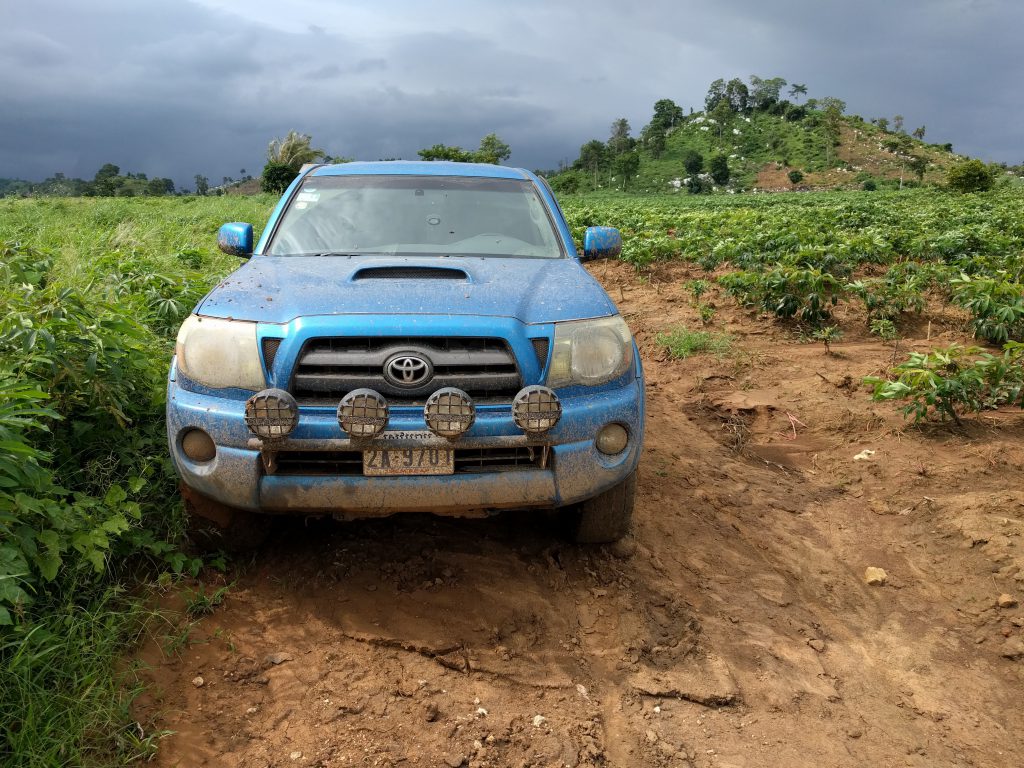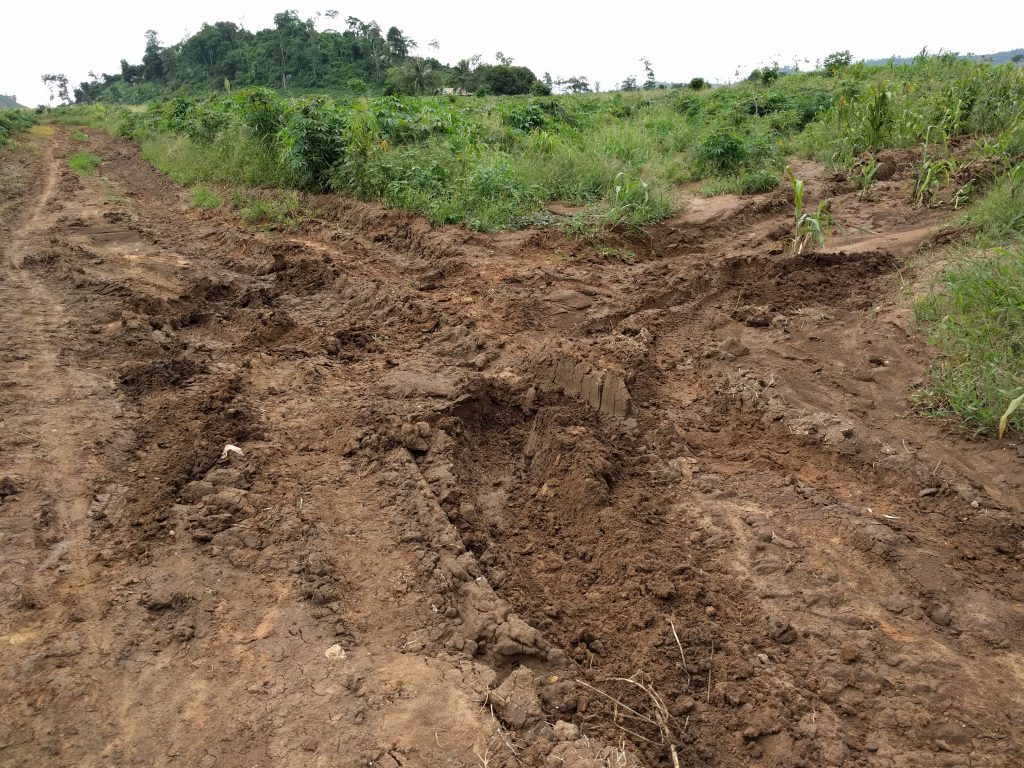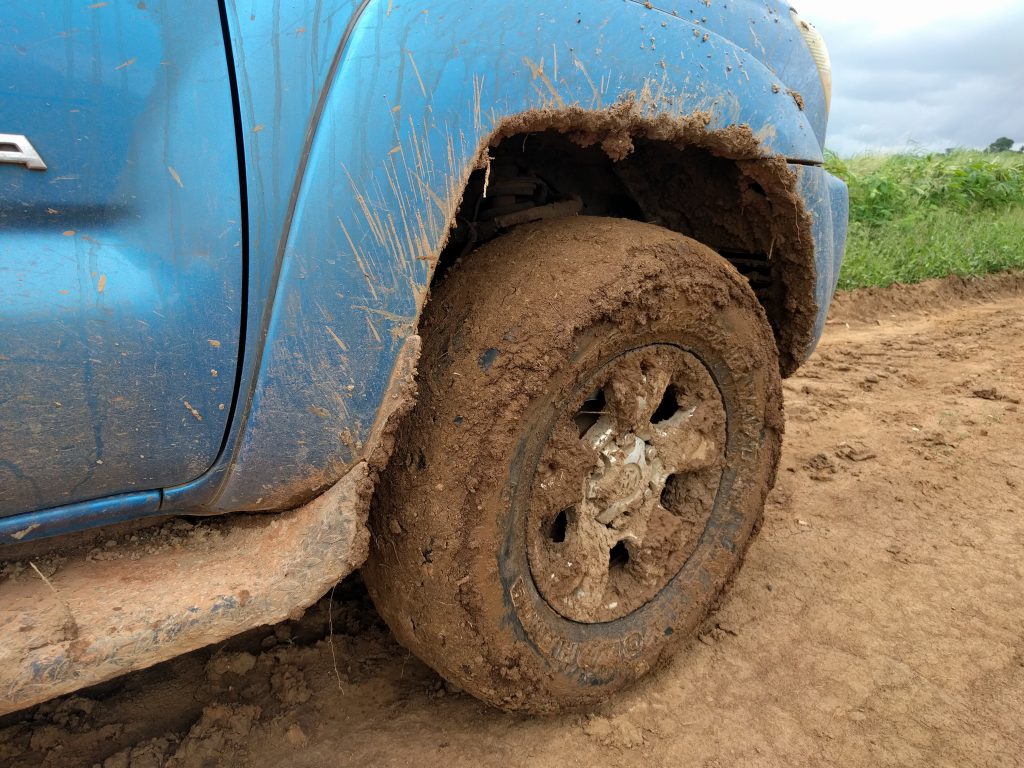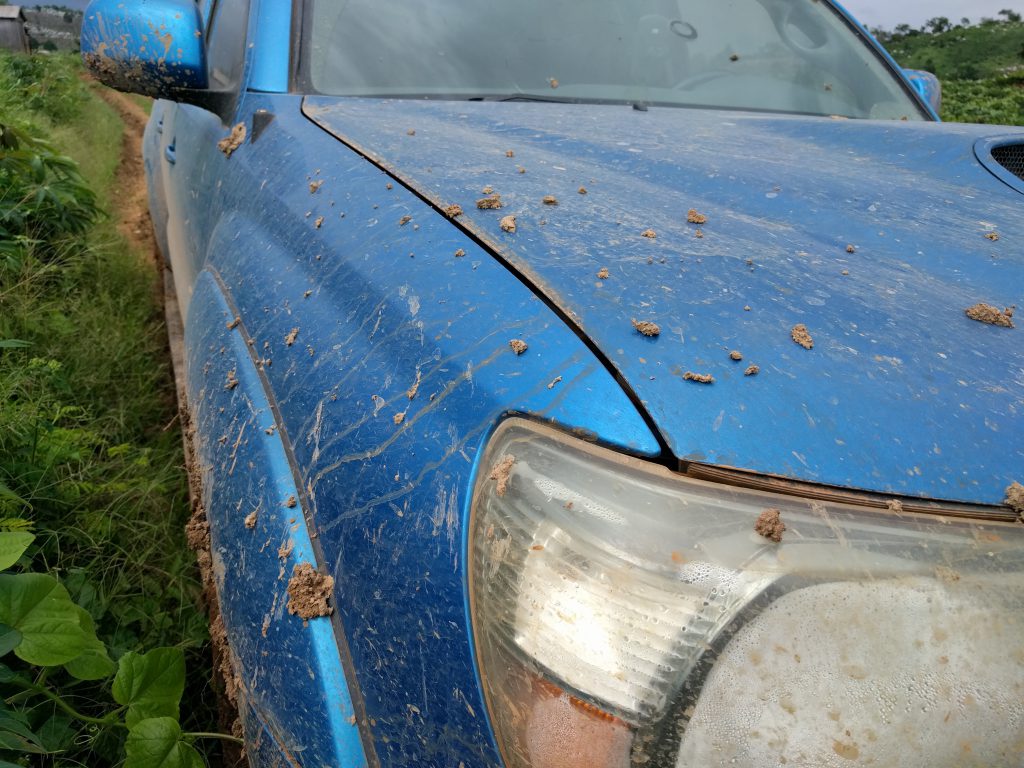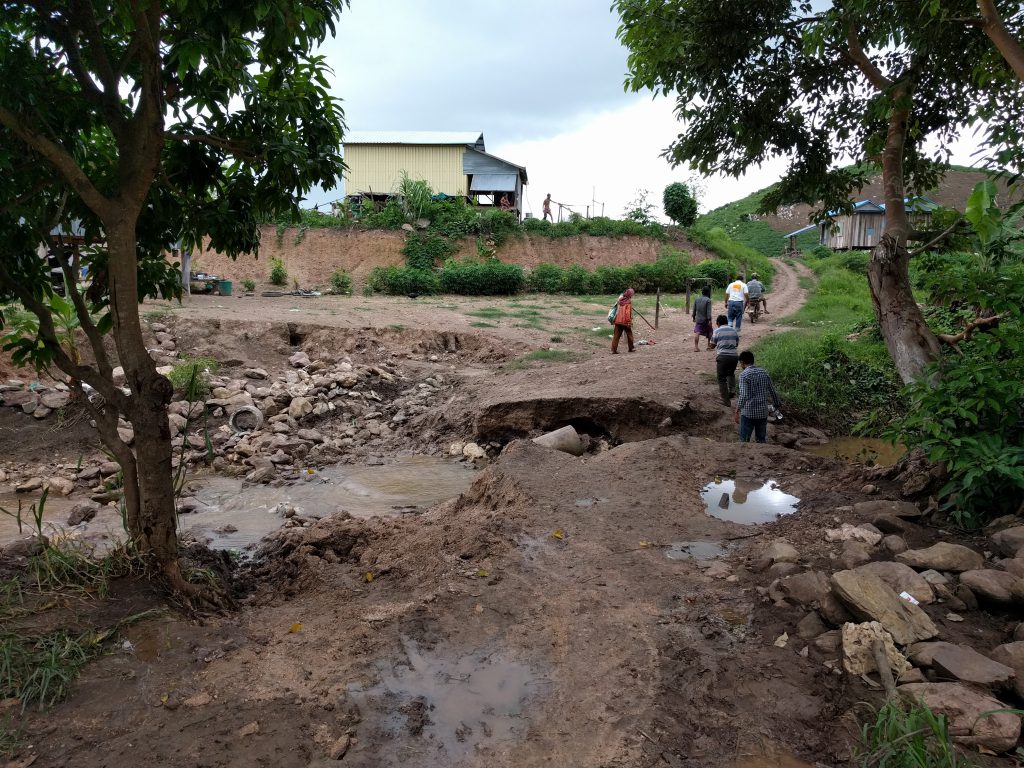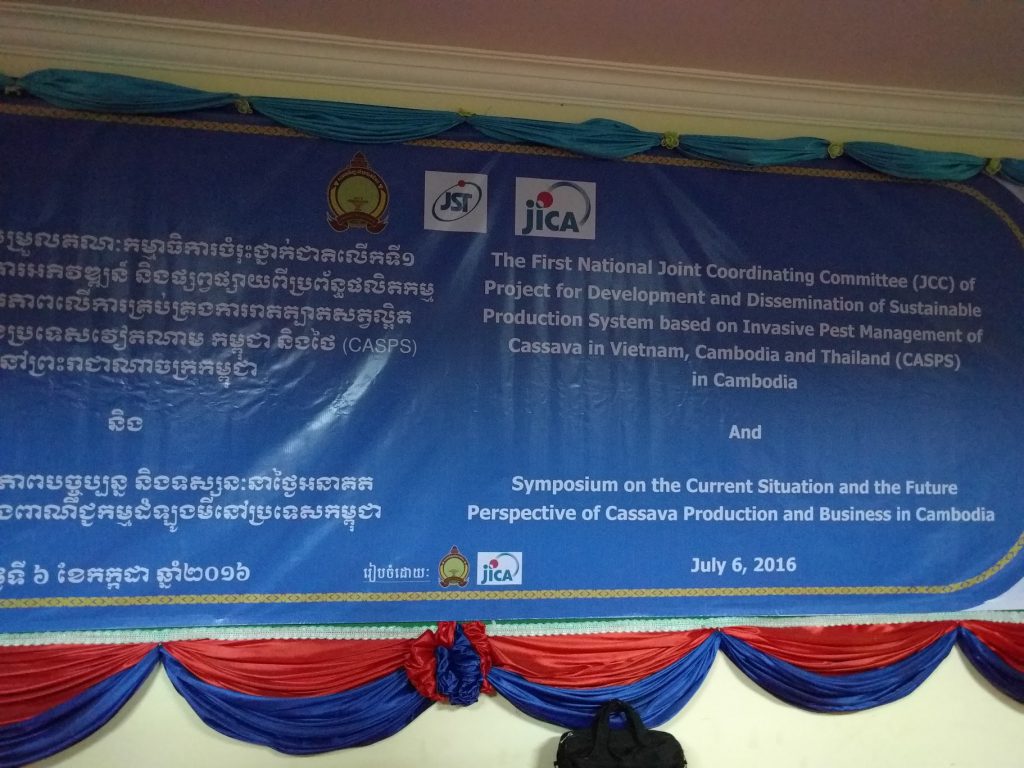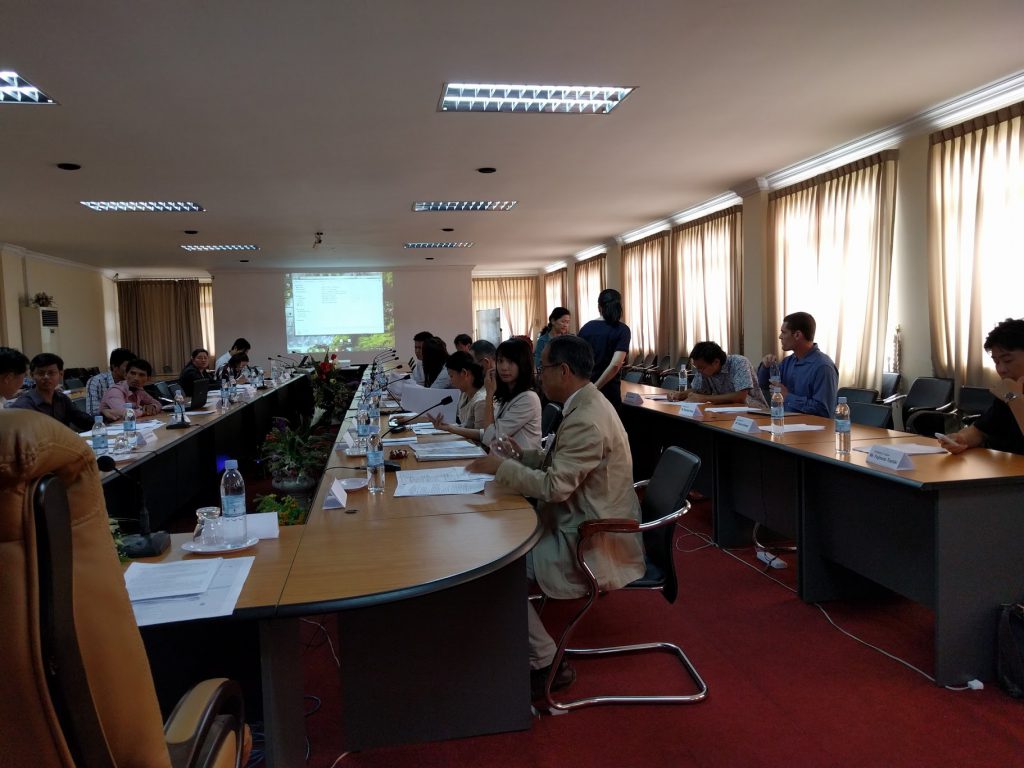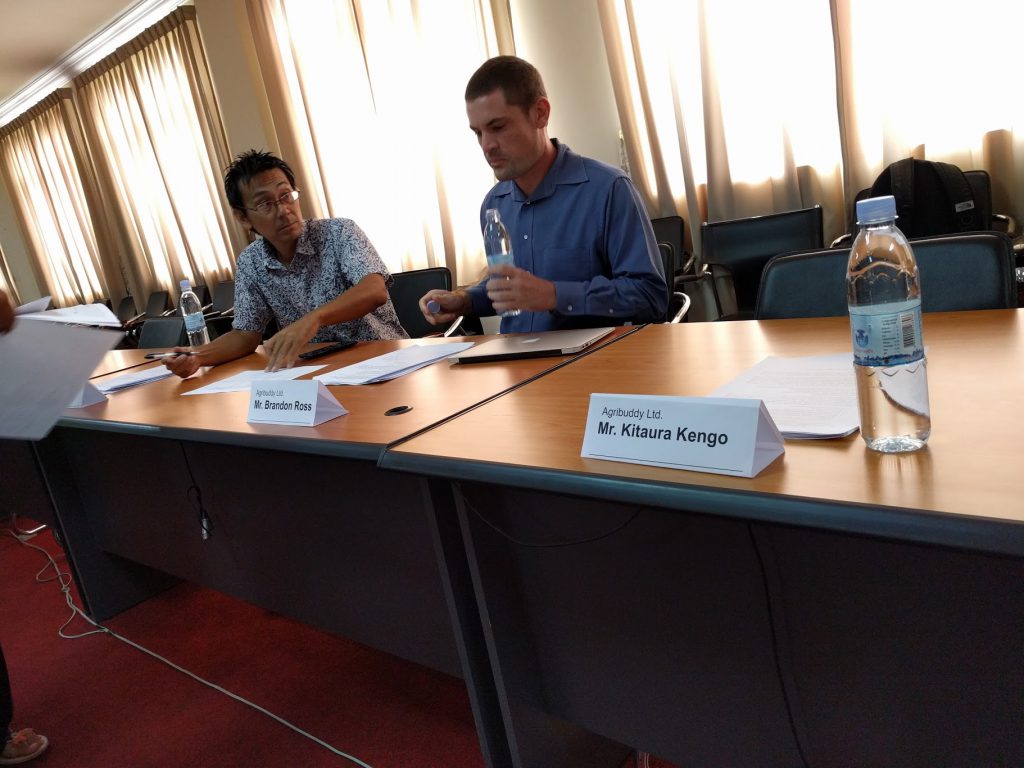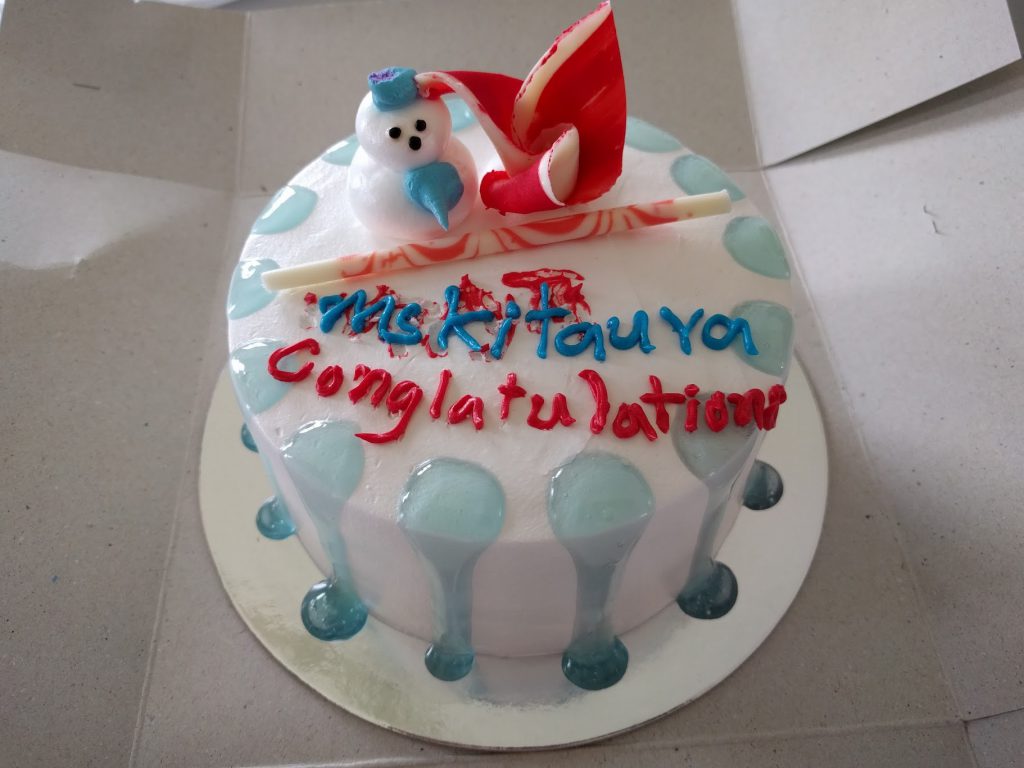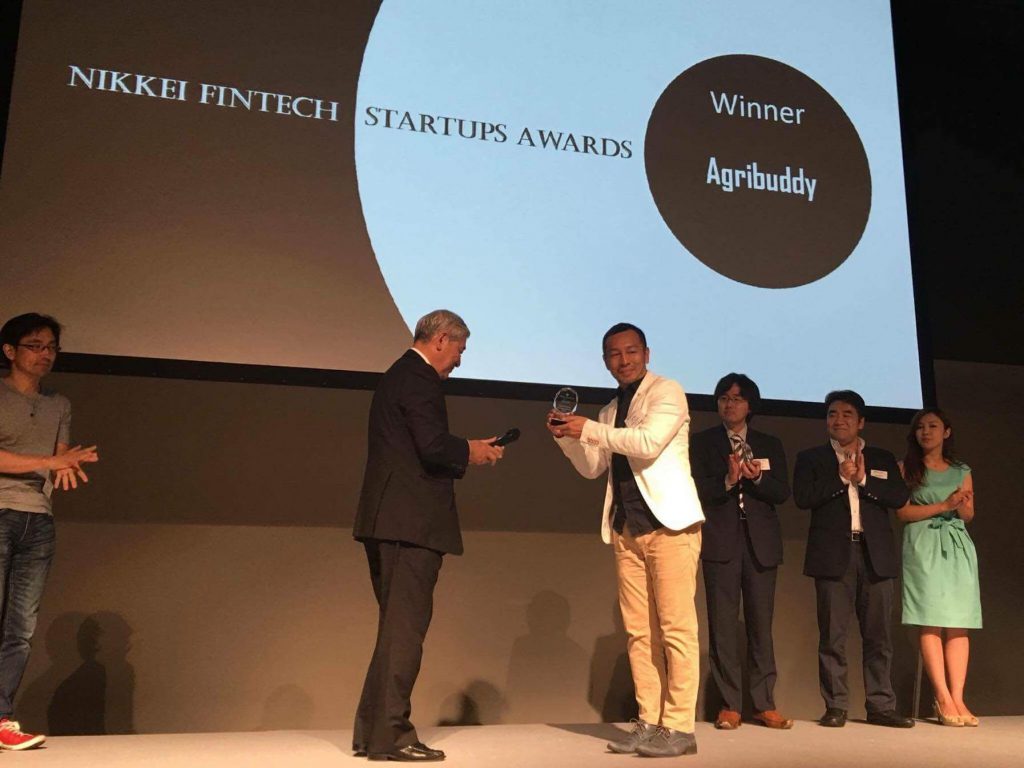If you say agricultural crops, everyone in Japan imagines rice or vegetables, but most crops that are actually cultivated in the world are not “in the form of crops” but on the table. For example, all of the raw materials such as alcohols, food oil, seasoning, meat etc. are all agricultural crops. So, such crops never go directly from farmers to consumers.
Many of you in Japan may imagine rice or vegetables as agricultural crops but most of the crops grown around the world are on your tables in a “different form”. Alcohol, oils, seasonings, meat are agricultural crops processed to a different form. Most of these raw ingredients will not be sold directly to the consumers.
You wouldn’t want farmers sending you soybean to your home to extract oil, would you?
Well, even now we have about 3.6 billion hectares of agricultural land which is used to grow raw material crops for raising livestock, this seems to be larger than the continent of Africa. The agricultural land area totaling all rice paddies and fields in Japan is 4.65 million hectares, which is 1/774 of the total area in the world. Furthermore, it seems that the agricultural land area that cultivates rice, corn, soybean, wheat and other crops is 1.78 billion hectares which is about the same area as the South American continent, either way it is hard to grasp the whole image because the scale is too big.
【Reference source】
To what extent can the earth cope with the increasing population around the world?
http://gigazine.net/news/20160428-how-many-people-can-earth-hold/
Well, in fact, the crops grown in such large area are mostly in the black box and the reality of the distribution channel, actual conditions of cultivated farms and the information of farmers itself are in fact not well understood. Of course, statistical data exists, but in reality, there is a complicated and confused interest of relationship between the cultivated farmer to the end market. The information on the type and quantity of the fertilizer or pesticide used is not clear. What I know clearly is that people who are entering each village usually as a “broker” are playing many roles to cash profit little by little before the crops reach the end market such as processing factories or distribution, in some cases this only serves to lower the quality of the product.
In addition, these brokers loan money to farmers who are lacking cash in the name of “supporting” the farmers, they then purchase the crops cheaper than market value to offset the interest rate, or by extending the payment cycle of the purchased crop and make a composition that the farmers cannot escape from debt by deteriorating their cash flow. I am not saying that some of the middlemen are bad guys, but the structure of the society has been built around this, so it will not change easily. However, even people who live in remote areas of the world can now directly express their situation using the internet or smartphones, and we can see signs that such social structural problems can be destroyed.
At an agricultural venture, the concept of “Farm to table” which connects the farmers with the consumer tend to draw attention. But at AGRIBUDDY we aim to connect the farmers to the food processing factories, the new concept of “Farm to Factory” and we hope to collect and provide realistic data of the farmers, this is something no one has obtained.
Anyway, I would like to announce some news towards our next step shortly, keep posted!

